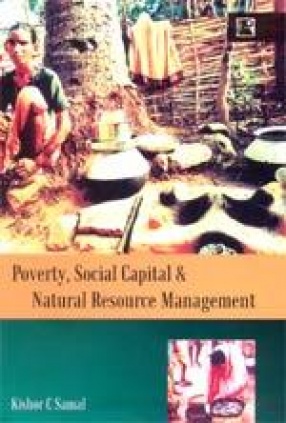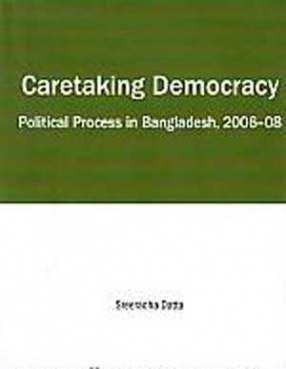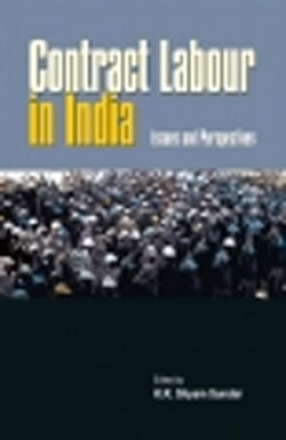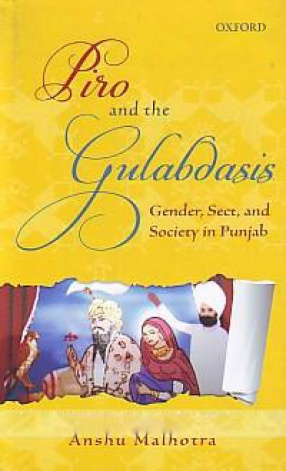The present study attempts to analyse how the degradation of natural resources, particularly forests and water bodies, affect the poor. Modernisation, liberalization and consequent free operation of market forces, has added to sufferings of these marginalized communities. There is also a threat to their traditional occupations due to environmental degradation and deterioration of natural resources in their regions. This trend will further accentuate poverty of the marginalized sections. However, only protecting natural capital from degradation will not be sufficient to eradicate poverty. This step will be only a part of the larger strategies of eradication of poverty in developing countries liker India. The present book examines all this in the context of the Chilika lake and Keonjhar forest in Orissa, through both theoretic frameworks and empirical realities. The book comes to conclusion that local level institutions of genuine local democracy, effective and practicable land reforms and land tenure policy, expansion of primary and secondary health services, proper system of credit delivery, steps for growth of rural non-farm sector,, access to CPR and environment protection, and organization of rural poor are much essential to empower the rural marginalized sections and thus to alleviate poverty in developing societies.
Poverty, Social Capital and Natural Resource Management
In stock
Free & Quick Delivery Worldwide
reviews
Bibliographic information
Title
Poverty, Social Capital and Natural Resource Management
Author
Edition
1st ed.
Publisher
Rawat Publications, 2007
ISBN
8131600505
Length
xii+260p., Tables; References; Index; 23cm.
Subjects








There are no reviews yet.